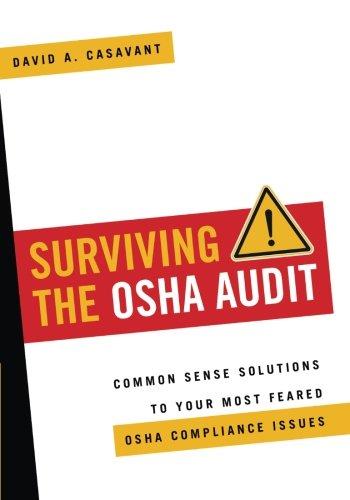Question
Happily Ever After Three years into the project, Corin and Lance have decided to get married. Because this union creates some difficult tax decisions, the
Happily Ever After Three years into the project, Corin and Lance have decided to get married. Because this union creates some difficult tax decisions, the couple is carefully considering their options. In particular, they are considering a risky tax strategy that often results in a tax audit. If their taxes are audited, it is certain that some shortcuts that Lance previously took will be noticed by the auditor, resulting in a substantial fine ($100,000). However, if there is no audit, then this tax strategy has the benefit of delaying the required reporting date of some income streams. The value of this benefit is $5000. Their accountant, Ms. Weiss, has been provided some valuable information. Out of 100 known cases where an audit took place, 40 of them involved the risky tax strategy that is being considered. In 500 known cases where no audit took place, 50 of them involved the risky tax strategy. Ms. Weiss also knows that, barring any additional information, tax audits have a probability of 0.01. If the couple decides not to use the risky tax strategy, then they expect to see no benefit or penalty.
i) Perform the appropriate analysis to help Ms. Weiss determine if the couple should use the tax strategy.
ii) Unbeknownst to Ms. Weiss, Corin and Lance have agreed that their interests can be accurately represented by the exponential utility function U(x) = 1 e-x/100. Will this cause Ms. Weiss to give a different recommendation? Why or why not?
Step by Step Solution
There are 3 Steps involved in it
Step: 1

Get Instant Access to Expert-Tailored Solutions
See step-by-step solutions with expert insights and AI powered tools for academic success
Step: 2

Step: 3

Ace Your Homework with AI
Get the answers you need in no time with our AI-driven, step-by-step assistance
Get Started


